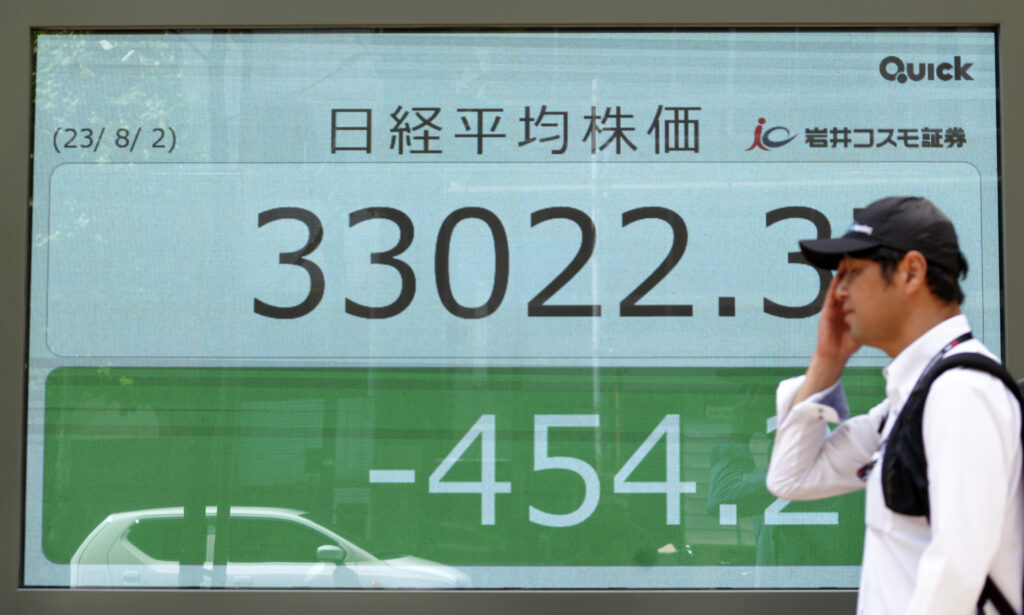
- ARAB NEWS
- 02 Jul 2025

TOKYO: Japan’s wholesale inflation eased for a seventh month in July as pressure from high global commodity prices eased, a development economists say is likely to encourage the central bank to keep its monetary stimulus in place.
The 3.6% rise in the corporate goods price index (CGPI), which measures the price companies charge each other for their goods and services, is slightly above the median market forecast for a 3.5% annual increase and follows a 4.3% annual increase in June.
It was the slowest wholesale inflation since March 2021 when prices turned positive to mark 1.0% growth, Bank of Japan (BOJ) data showed.
After peaking at 10.6% in December, wholesale inflation has decelerated for seven months in a row. On the month, wholesale prices rose 0.1%, up for the first time in three months.
The data confirmed that import pressures on inflation have eased, which in turn affects the cost of corporate goods, while commodity prices have also stabilised.
“Given that the input cost runs its course, price-hike pressures will gradually wane. As domestic corporate goods prices continue to slow, consumer prices will also slow from autumn,” said Takeshi Minami, chief economist at the Norinchukin Research Institute.
“As such, the current large-scale stimulus will remain in place for the time being,” he added.
Government subsidies to mitigate the impact of the spike in utility bills — which shaved 0.6 percentage points off the overall wholesale increase — had also curbed price hikes, he added.
A breakdown of the data showed yen-based import prices fell 14.1% in July from a year earlier and contract basis prices slid 15.6%, falling for a fourth straight month and easing concerns about elevated import bills for companies reliant on imports.
At its July meeting, the BOJ kept its yield curve control (YCC) targets unchanged but took steps to allow long-term interest rates to rise more freely in line with increasing inflation and growth.
Reuters